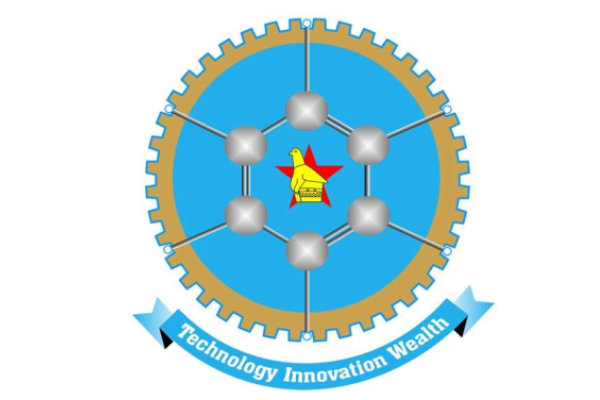The Parliamentary Portfolio Committee on Mines and Mining Development Chairperson Hon Edmond Mkaratigwa has hailed Chinhoyi University of Technology (CUT) for taking a positive stride in keeping up with world trends by venturing into the development of lithium batteries.
Rudairo Mapuranga
Lithium-ion batteries are by far the most important power storage devices available on the world market. At present, they dominate the sector of portable electronics and are the solution of choice in the automotive sector. Other important applications are also foreseen, including storage in electric grids.
According to Mkaratigwa the development by CUT to venture into lithium-ion battery manufacturing is in line with the National Development Strategy_1 where the mining sector and in particular the lithium industry through the US$12 Billion mining roadmap is expected to fetch an annual revenue of US$0.5 billion by 2023.
“It is quite a positive stride that Chinhoyi University will be producing lithium-ion batteries this year. That is part of the National Development Strategy implementation outcomes and we attribute all that to the visionary leadership of His Excellency, the President of the Republic, Cde Dr E. D. Mnangagwa, whose desire is to see Zimbabwe innovating, value-adding, self-helping and self-sustaining. We have to work harder, grow our innovation hubs and businesses, and secure our market niche.” He said.
Mkaratigwa however said that it was of importance for CUT to partner companies in the battery manufacturing sector for experience as well as tapping into the right capital injection strategies.
“On Chinhoyi University, these institutions have the brains but they may not have the experience, hence, it is key for them to consider partnering as well as innovating and selling some of the more capital intensive innovation rights, as many of these in Israel among other countries do, depending on the mix of optimum business sustainability models chosen. As a country and sector, we are however happy because we can see the signs of the promise manifesting like a joke, and to eyes that wills to see, we are a blessed part of the multitude of witnesses. We expect more and we appreciate our academic institutions’ key roles in national industry and broader economic development.” Mkaratigwa said.
It was reported earlier this month that the Chinhoyi University of Technology is set to start producing lithium-ion batteries and hydrogen mid this year.
CUT is also expected to design battery casings using its 3D printing machine at the hub, located 7km south of the institution’s main campus, in the industrial area of the provincial capital.
The university’s lithium battery production innovation is part of the other two energy production projects that the Innovation Hub has embarked on.
It has a 24-kilowatt solar-powered grid that sufficiently supports the hub’s needs while efforts to start extracting hydrogen from water for energy purposes are at an advanced stage.
The project acting director, Professor Wilbert Mtangi, who also directs the Institute of Materials Science Processing and Technology said that the incubation of the lithium-ion battery production was almost complete.
“We are getting the lithium spodumene ore from Bikita Minerals, which we are processing in such a way that it gives us lithium needed for lithium-ion battery production. The batteries will be for the institution’s power energy as we try to address the challenges of power cuts. There is also hope that we will be going commercial,” he said




